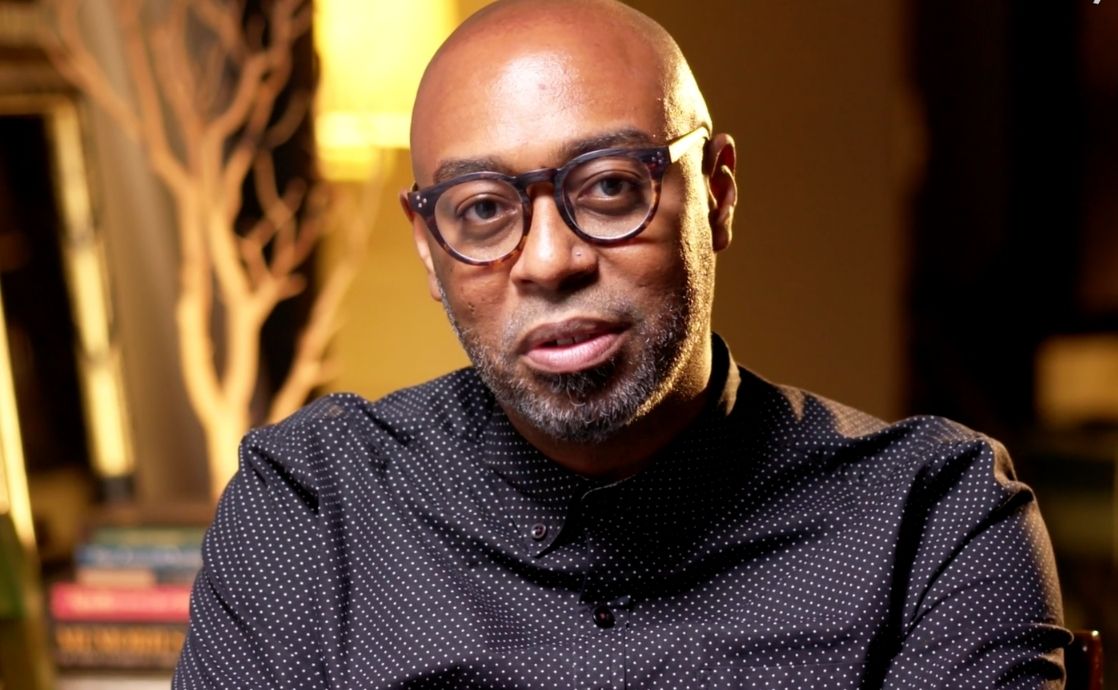The Bahá’í Faith embodies a profound appreciation for diversity, positing that the myriad expressions of cultural, ethnic, and spiritual identities contribute to the overall beauty and unity of the human experience. At its core, the principle of diversity is not merely an acknowledgment of differences but rather an intricate tapestry interwoven with shared values, beliefs, and aspirations. The act of worship within such a diverse community presents a unique opportunity to experience a collective spiritual awakening and enrichment. This article delves into the manifold dimensions of beauty as realized through communal worship involving diverse participants.
To begin with, the essence of communal worship in Bahá’í practice instills a sense of solidarity among individuals from disparate backgrounds. Rituals and prayers, typically delivered in a variety of languages, embody an ethos of inclusivity. This linguistic diversity serves as a manifestation of the belief that God’s message transcends cultural boundaries. Consequently, worshipping in a diverse community allows individuals to witness the beauty inherent in each culture’s expression of spirituality. When individuals gather in such a milieu, they contribute their unique perspectives, which can lead to a more nuanced understanding of sacred texts and teachings.
Furthermore, the Bahá’í teachings encourage the dismantling of prejudices that often plague societies. Engaging in worship with individuals from varying social and cultural frameworks fosters a spirit of acceptance and respect. In this shared sacred space, participants learn to appreciate each other’s experiences and challenges. The recognition that diverse backgrounds create distinct pathways to understanding divine principles enhances the worship experience profoundly. This collective exploration not only enriches individual spiritual journeys but also strengthens communal bonds, thus, reflecting the core Bahá’í belief in the oneness of humanity.
As one engages in prayer and reflection alongside individuals of diverse backgrounds, there arises an intrinsic appreciation for the various ways in which people seek and experience the divine. This diversity not only augments personal spiritual insights but also instills a sense of responsibility to promote unity. The act of worship becomes a catalyst for dialogue and understanding, enabling participants to confront common misconceptions and cultural stereotypes. This transformative process can lead to the alleviation of social divisions and facilitate a deeper sense of kinship amongst attendees.
Moreover, embracing diversity within a worship context catalyzes an awareness of the interconnectedness of global Bahá’í communities. As worshippers unite with others—whether from different geographic regions or social strata—their collective energies resonate, forging prayers imbued with a universal intent. Such experiences help transcend local anxieties, allowing individuals to contribute to a broader spiritual discourse. The beauty of worshipping in this manner extends beyond the physical gathering; it embodies a dynamic exchange of love, commitment, and spiritual elevation that reverberates throughout the world.
In addition to fostering unity, diverse worship can also lead to a deeper exploration of the Bahá’í teachings themselves. Differences in interpretation or understanding can engender rich discussions about the nature of faith, the purpose of life, and the ideals of service to humanity. In such dialogues, worshippers can arrive at fresh insights, which often serve to clarify complex theological concepts. This process not only enhances one’s understanding of Bahá’í teachings but also cultivates a reverence for the multiplicity of thought within the faith, driving home the point that no single individual or culture possesses a monopoly on truth.
Experiencing worship in a diverse community can also evoke a heightened sense of gratitude and humility. Witnessing the fervor and devotion exhibited by individuals from various backgrounds nurtures an awareness of one’s own spiritual journey. This recognition often induces reflections on personal biases and limitations, encouraging a re-evaluation of preconceived notions about other cultures and practices. As one interacts with fellow worshippers, the humble acknowledgment of shared humanity paves the way for a deeper appreciation of the divine manifestations within the collective.
Furthermore, communal worship serves as an essential platform for cultivating social action and service initiatives. Within the Bahá’í framework, service to humanity is viewed as a form of worship itself. When individuals from diverse backgrounds collaborate on community-building projects, they not only fulfill their spiritual obligations but also witness the profound impact that unified efforts can have on society. These initiatives empower communities to tackle pressing issues, thereby reflecting the beauty of collective action rooted in shared values. In this pursuit of social betterment, the diversity among participants becomes a source of strength, infusing the work with innovative ideas and varied approaches to problem-solving.
Importantly, the aesthetic dimension of worship in a diverse community cannot be overlooked. The convergence of various cultural practices often enhances the richness of worship experiences—be it through music, art, or traditional customs. This artistic amalgamation generates a vibrant atmosphere that elevates the communal experience, imbuing it with a sense of joy and celebration. Such engagements also encourage participants to share their cultural heritage, thus enriching the entire community with delightful expressions of identity while grounding the worship practice in historic traditions and contemporary realities.
In conclusion, the beauty of worshipping in a diverse community within the Bahá’í context encapsulates a myriad of experiences that transcend mere ritualistic observance. It fosters unity, encourages dialogue, broadens individual understanding of sacred teachings, and cultivates social responsibility. This unique confluence of spiritual engagement serves not only to enhance personal faith but also contributes to the collective aspiration towards a more harmonious global society. Embracing diversity is not simply an act of tolerance; it is a celebration of humanity’s rich mosaic—a principle that underscores the Bahá’í Faith and its ultimate goal of uniting humanity in a shared pursuit of spiritual excellence.
